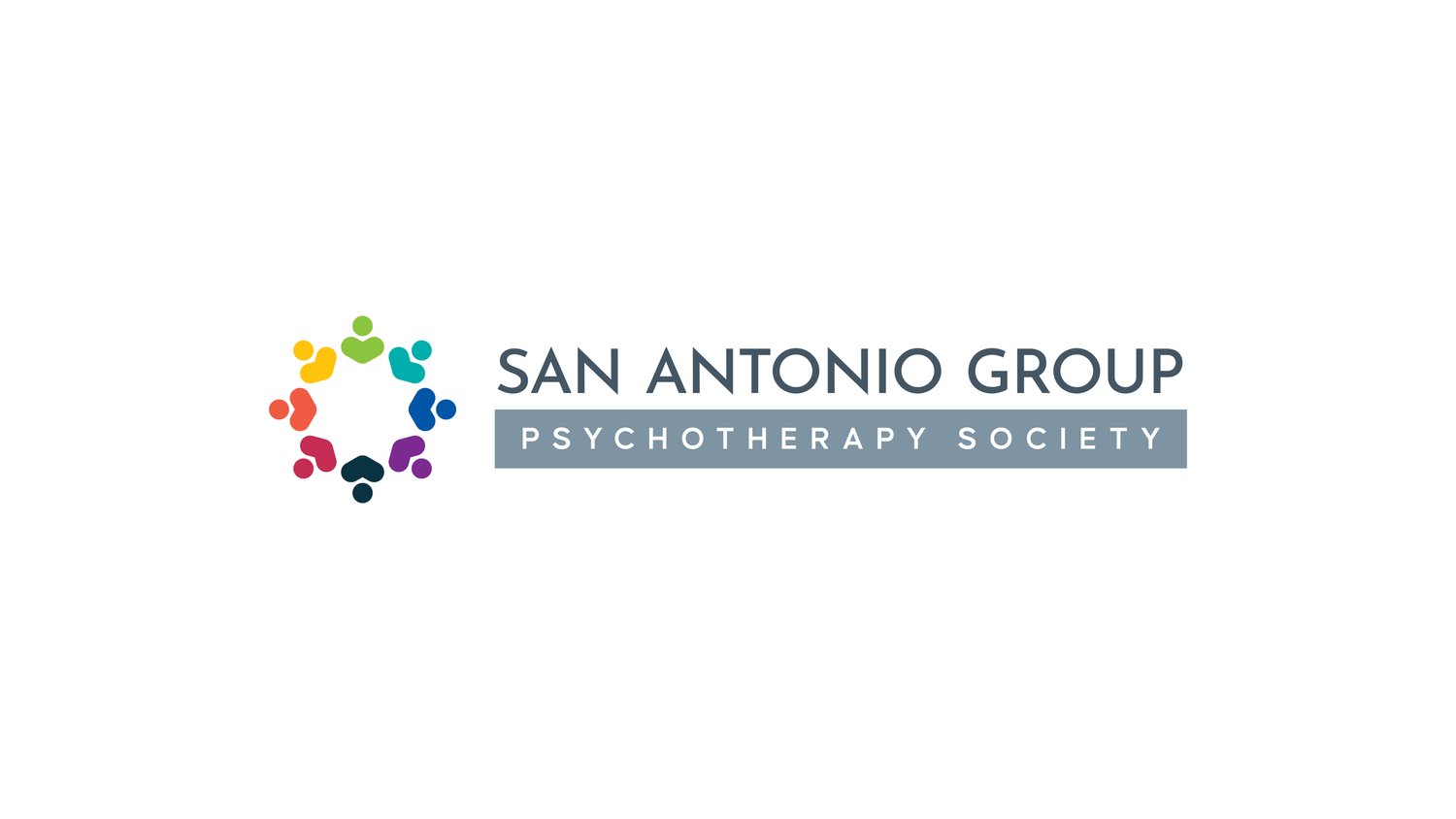The Complexities of Managing Emotional Regulation in
Group Therapy
Friday, November 8, 2024
9AM - 4:30PM
Lunch Included
Location: Woodlawn Pointe Community Center
702 Donaldson Avenue | San Antonio 78228
Description:
In today’s fast-paced, stressful, and often isolating world, the capacity for emotional regulation is essential. Traditionally viewed as an internal or intrapsychic process within the individual, emotional regulation is increasingly recognized as an interpersonal process, especially within group therapy settings. Group therapy uniquely allows for coregulation—where emotional states are managed between group members and between group members and the facilitator—helping individuals develop the capacity for more effective self-regulation over time.
This presentation will explore emotional regulation through the lens of three major therapeutic approaches: behavioral, psychoanalytic/attachment-focused, and neurobiological perspectives. Attention will be given to the neurobiological mechanisms involved in emotional regulation, including the roles of brain regions such as the prefrontal cortex, amygdala, and hippocampus. Additionally, we will discuss the role of psychopharmacology in supporting emotional regulation, exploring how medications can assist in stabilizing mood and emotional reactivity.
A distinguished panel of experts will present on these varying approaches, followed by two live demonstration groups: Susan Mengden will lead a Dialectical Behavior Therapy (DBT) demonstration group, and Jake Pickard will facilitate a modern analytic process group. These demonstrations will allow participants to directly experience how these therapeutic models operate in fostering emotional regulation. The session will conclude with a large-group discussion aimed at comparing and synthesizing these different approaches.
Presenters:
Dr. Victor M. Gonzalez Jr.
Dr. Victor M. Gonzalez Jr. is a double-boarded adult and geriatric psychiatrist with extensive experience in both clinical practice and academic leadership. He holds an M.D. from the University of Wisconsin and completed his psychiatry residency at the University of Texas Dell Medical School, followed by a geriatric psychiatry fellowship at UT Health San Antonio. Dr. Gonzalez is the owner of Nexus Psychiatry in San Antonio, serves as a psychiatrist at Televero Health, and is a past president of the Bexar County Psychiatric Society. He is passionate about medical education and actively contributes to psychiatric residency training and mentorship.
Susan Mengden, PhD, CGP, CEDS-C
Susan C. Mengden, PhD, Certified Eating Disorder Specialist-iaedp Approved Consultant, and Certified Group Psychotherapist is the Founder and Executive Director of Esperanza Eating Disorders Center in San Antonio, Texas. Mengden has 35 years of clinical experience specializing in eating disorder treatment. She is intensively trained in Dialectical Behavioral Therapy (DBT), Cognitive Behavioral Therapy (CBT), Family-Based Treatment (FBT), and Mindfulness-Based Stress Reduction (MSBR).
Jake Pickard, Ph.D.
Jake Pickard is a licensed psychologist and certified group psychotherapist in private practice, working with individuals, couples, and groups. He is a graduate of the Center for Group Studies in New York City, which teaches the modern analytic approach to group therapy. He runs an ongoing modern analytic process group in his private practice. In addition to his private practice, he is an assistant professor within the UIW / TIGMER psychiatry residency, where he is chief of psychotherapy training. He is the current president of SAGPS.
Objectives
By the end of this presentation, participants will be able to:
1. Identify Core Strategies for Emotional Regulation: Understand and identify several key strategies within behavioral, psychoanalytic/attachment-focused, and neurobiological approaches that facilitate emotional regulation in group therapy.
2. Explore the Neurobiological Basis of Emotional Regulation: Gain insight into the various brain regions involved in emotional regulation, such as the prefrontal cortex, amygdala, and hippocampus, and understand how these regions interact to modulate emotional responses.
3. Examine Psychopharmacology Options: Review common psychopharmacological treatments that can support emotional regulation, understanding their mechanisms of action and how they complement therapeutic interventions.
4. Differentiate Group Therapy Modalities: Clearly articulate the differences between DBT and modern analytic group therapy, highlighting how each modality approaches emotional regulation, group dynamics, and therapeutic goals.
5. Experience Emotional Regulation in Practice: Participate in live demonstration groups to appreciate both the similarities and differences between DBT and modern analytic approaches in real-time, providing experiential insight into how each model facilitates emotional regulation.
6. Enhance Therapeutic Practice: Apply concepts of emotional regulation from the behavioral, psychoanalytic, and neurobiological frameworks to clinical practice, integrating psychopharmacology as needed to support individual and group treatment outcomes.
7. Engage in Reflective Group Learning: Collaborate in a large-group discussion to synthesize the information presented and reflect on how these varied approaches can be used to enhance emotional regulation and group dynamics in clinical practice.


